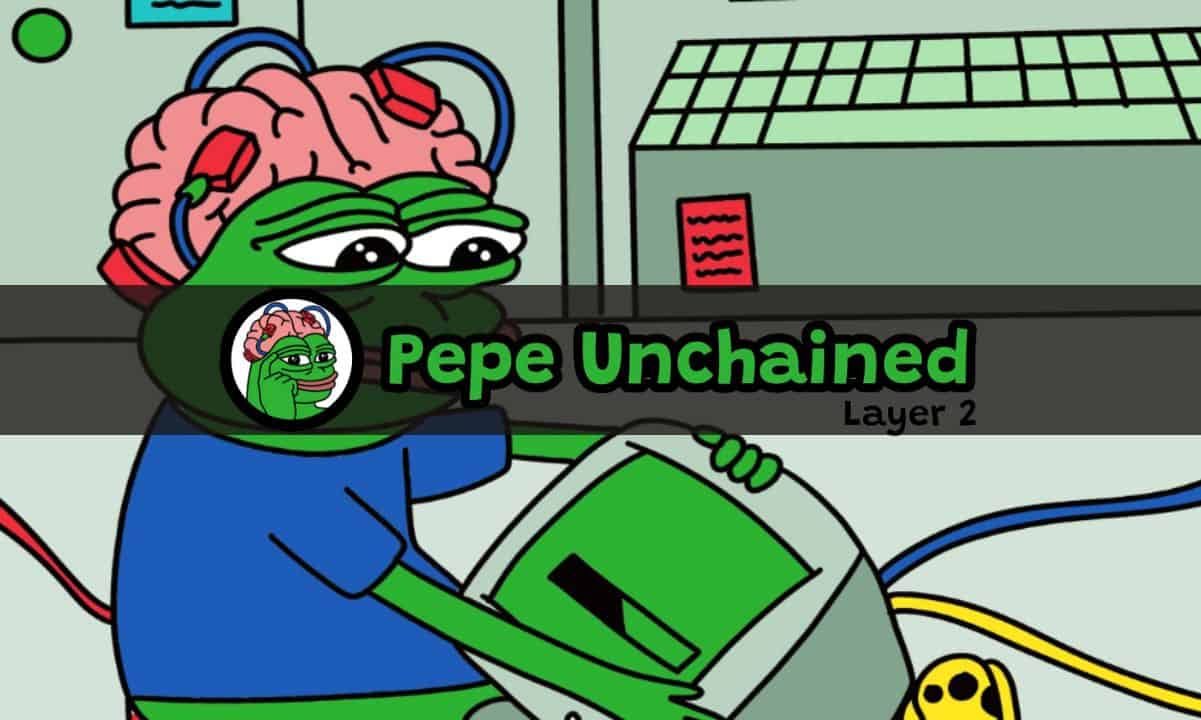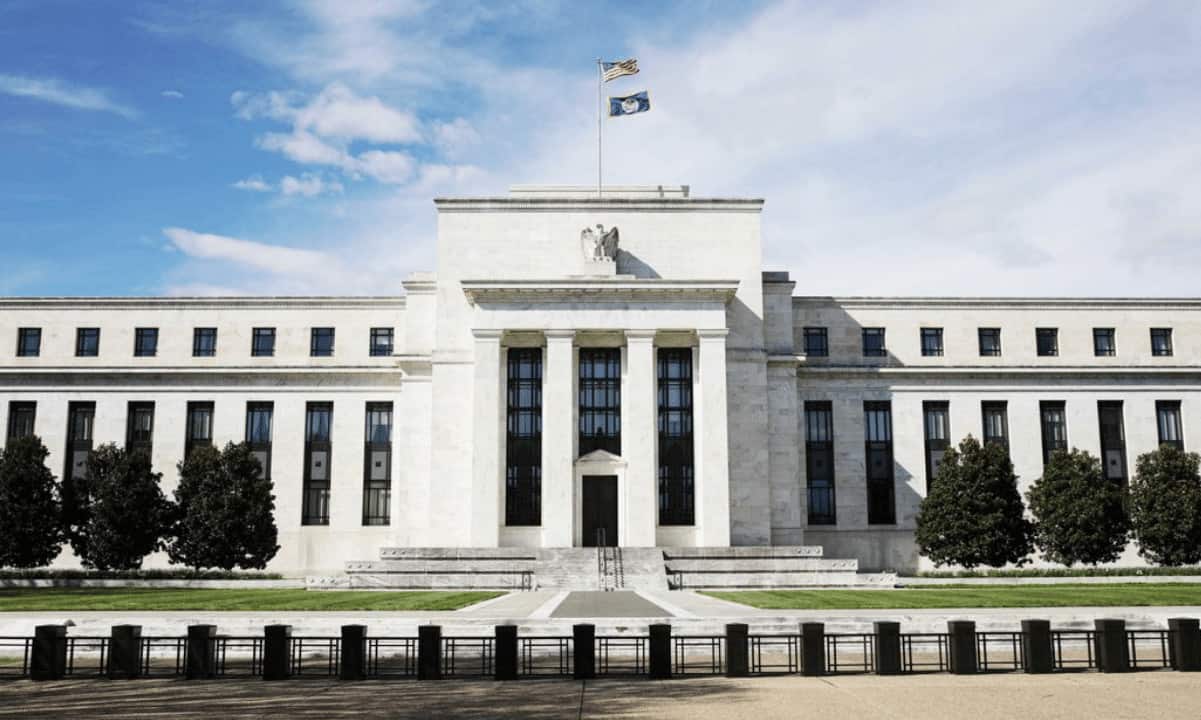Chinese Gaming Portal CEO Claims Play-to-Earn Games Are Ponzi Schemes
The hottest new trend in the cryptocurrency industry – GameFi – operates on a play-to-earn model. Earnings via games can be very effective. But not everyone is a fan of it.
One such example is Dash Huang – CEO of TapTap, a popular Chinese game distribution platform, who believes that the current blockchain Play-to-Earn games are essentially gambling games and Ponzi schemes.
TapTap CEO Isn’t a Fan of Play-to-Earn
Unlike traditional games, players of certain blockchain-powered games receive financial rewards for completing certain tasks. Even though the origins of GameFi can be traced back to 2017, it wasn’t until the pandemic that stirred things up and fostered the development of blockchain-based monetization of the gaming experience.
Though in its nascency, several players have managed to generate serious income in addition to earning in-game passive income. As a matter of fact, the play-to-earn phenomenon took off with NFT-based online video games such as Axie Infinity.
This metaverse “play-to-earn” animated-pet-training video game developed by Vietnamese studio Sky Mavis has been a gamechanger for certain people in the Philippines who were hit hard by the Coronavirus pandemic. In hyperinflation-stricken Venezuela, many individuals are making a living by playing the crypto-powered video game.
But, according to the TapTap exec, blockchain is suitable for gambling games, and play-to-earn is more like Ponzi Schemes for gullible individual investors.
China Warns About Play-to-Earn Games
Beijing does not like cryptocurrency and anything related to it. Further validating this hawkish stance towards the industry, a Chinese state television issued a warning to citizens against participating in blockchain-driven, play-to-earn online simulation games like Farmers World.
China Central Television (CCTV) called these games “scams” after featuring reports of two intermediaries in Shaanxi and Fujian, letting Chinese citizens engage in play-to-earn games.
CCTV claimed that these games have low-budget webpage games and cheat players. It also went on to quote industry experts who compared the mechanism to that of a Ponzi scheme.
Despite China’s aversion towards anything remoted related to crypto, the country has an entirely different stance on the Metaverse. So much so that it even unveiled the nation’s very first metaverse industry group, called – the Metaverse Industry Committee, under the state-supervised China Mobile Communications Association (CMCA) in November.









